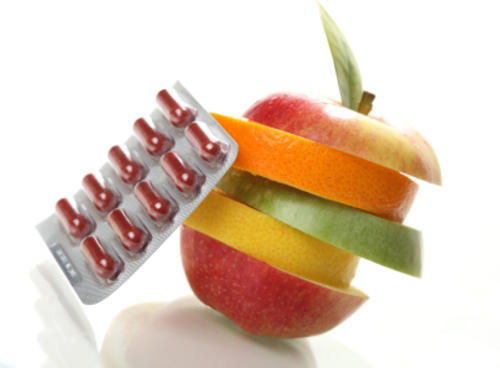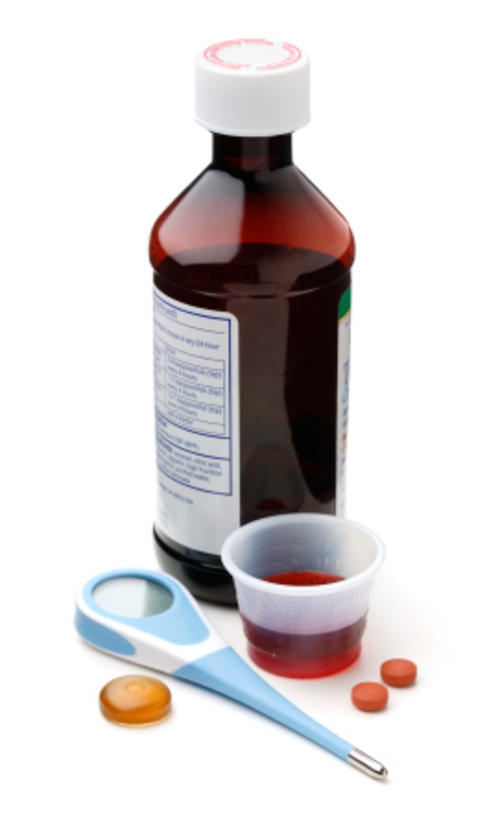How to Boost Your Child’s Immune System
Many parents worry about the risks involved with the invariable exposure to viruses and germs their children experience in the early stages of their lives.
Unfortunately it’s a fact of life that everyone is born with an immature immune system, the body’s system that fights against infections, that has to grow through exposure to an ongoing series of challenges.
There are basically two ways in which our immune system can grow – through active and passive immunity. Active immunity grows as we are exposed to outside sources of infections and our bodies create antibodies to fight the infections. Passive immunity, on the other hand, relies on antibodies introduced into our bodies either deliberately through vaccinations or naturally through our mother’s milk.
Most experts agree that the majority of children will experience between six to eight ear infections, colds or flu each year of their early life. But there are ways that we can give the development of our child’s immunity system a helpful boost.
You don’t need to rush out and spend money on expensive medicines or preparations. Most fruits and vegetables contain essential minerals and vitamins that help your child’s immunity system grow.
Vitamin C
There are several sources of vitamin C, one of the most important immunity boosting nutrients. Fruits and vegetables such as carrots, beans, oranges, broccoli, red peppers and brussels sprouts are all excellent Vitamin C providers.
Vitamin A
Liver is an excellent source of Vitamin A, For vegetarians, carrots and sweet potatoes are also good for the immune system.
Vitamin E
Vitamin E is present in foods such as milk, avocados, eggs, nuts – particularly hazelnuts and almonds – and green leafy vegetables such as spinach.
B-complex Vitamins
There are eight vitamin B variations that are collectively referred to as the B-complex vitamins. The group includes thiamine (B1), riboflavin (B2), niacin (B3), pyridoxine (B6) and folic acid (B9). Most of the B-complex vitamins are contained in meat, potatoes, bananas, yeast and molasses. In general, whole, unprocessed foods contain more of the B-complex vitamins than processed foods.
Zinc
Zinc is an essential mineral that plays a key role in immune system development. Good sources of zinc include oysters – which contain more zinc per serving than any other food – red meat and poultry, beans, nuts and cereals.
Iron
Iron is essential for the development of red blood cells that transport oxygen to all parts of the body. A lack of iron can reduce the effectiveness of your child’s immune system and cause tiredness. There are two basic types of iron essential for the body, heme and non-heme, which are complimentary. Good sources of heme iron are red meat, eggs and seafood such as tuna and salmon. When eaten with green leafed vegetables, which contain non-heme iron, the body is better able to absorb heme iron.
Beta-carotene
Foods such as carrots, spinach, sweet potatoes and winter squash contain high levels of beta-carotene and also provide vitamin A.
Calcium
Calcium is another important element required to help the immune system develop. Good sources of calcium, apart from the obvious such as milk and other dairy products, are almonds, Brazil nuts and green leafy vegetables.
Selenium
Selenium is also a good immune system booster. Most plant foods provide selenium, but remember that how much selenium is contained in plant food is governed very much by the selenium content in the soil where the plants are grown. Brazil nuts may contain very high levels of selenium, so take it easy with these, but other good sources are tuna, beef and turkey.
Magnesium
Magnesium is another essential mineral that the body needs to develop a functioning immune system. You can obtain magnesium from nuts, leafy green vegetables and chocolate.
But it’s not just a healthy diet that can provide a boost to your child’s developing immune system. There are other steps you can take to help your child in those critical early stages of development.
The most important enemies in the fight to develop a good immune system are:
Parents Who Smoke
Cigarette smoke contains high levels of nicotine, which has a documented adverse affect on the immune system.
Lack Of Exercise
Exercise is known to stimulate the immune system. Try to make sure your child gets some form of gentle exercise, even brisk walking.
Lack Of Sleep
Make sure your child gets an adequate amount of sleep. A lack of sleep can stop the development of essential antibodies in the immune system.
Foods And Products With High Sugar Content
Too much sugar stimulates the production of insulin, which in turn inhibits the production of growth hormones and depresses the immune system.
What else can you do? It is important to keep a well-stocked medicine cabinet at home to help combat those inevitable colds and flu that will hit your child, however careful or prepared you may be. Make sure you have these in your cabinet:
Paracetamol
Paracetamol, in small doses, is a good medicine to help reduce the effects of fever.
Saline Nasal Drops
Saline nasal drops are useful to help clear a blocked nose, particularly in small children.
Inhaled Menthol Preparations
Another good aid to relieve the symptoms of colds and flu.
Simple Linctus Preparation for Coughs
Useful to help clear up a “chesty” cough and relieve bronchial congestion.
Oral Rehydration Solution
Useful to help replenish liquids lost by your child during stomach flu. Simple solutions can be weak tea, watery soups or fresh fruit juice.
An essential piece of equipment to determine the level of fever. There are many types on the market that can be used simply without causing stress to a young child, such as simple strips applied to the child’s forehead.
But whatever equipment and medicines you have at home, the best advice is – if your child’s fever continues or their condition gets worse, then don’t hesitate to call your doctor.